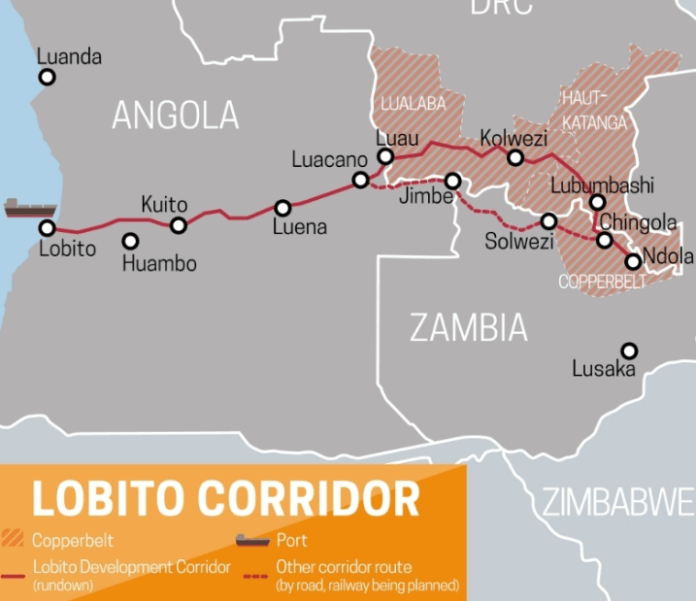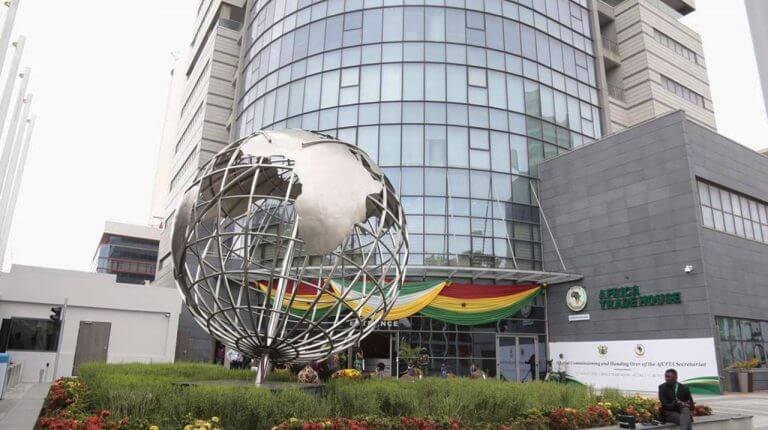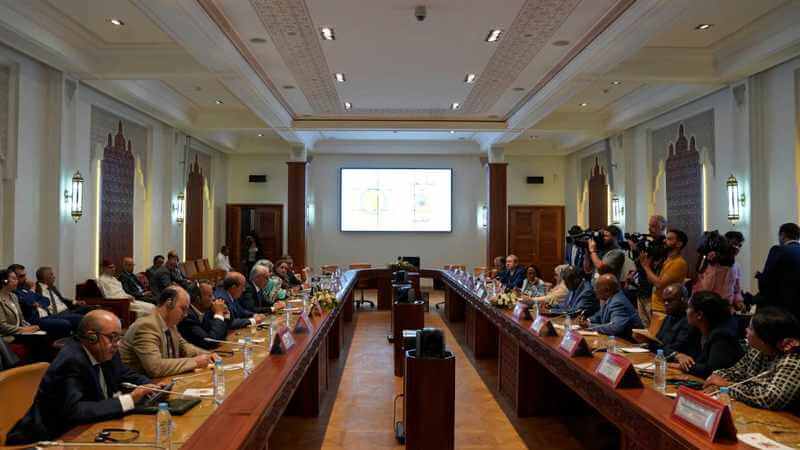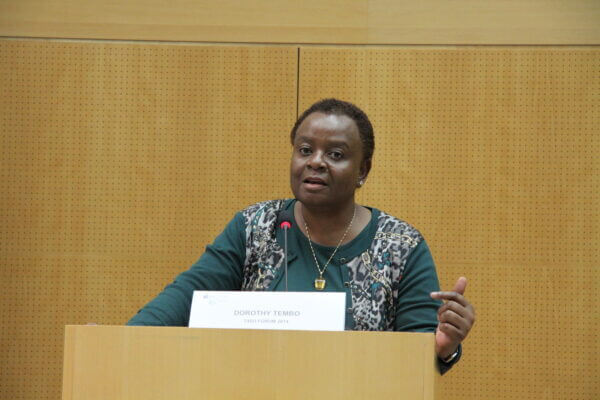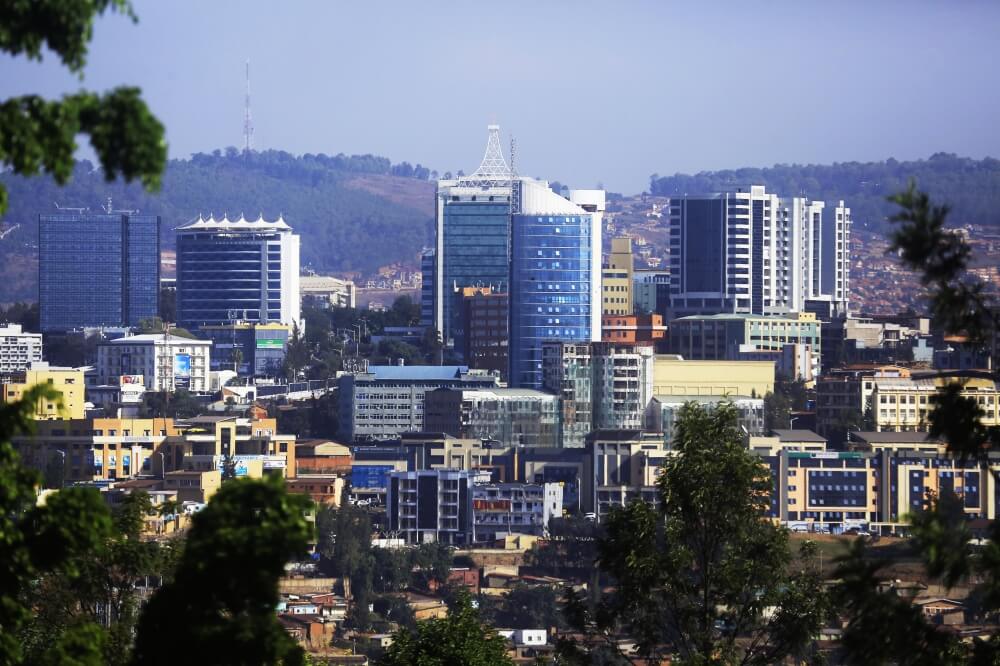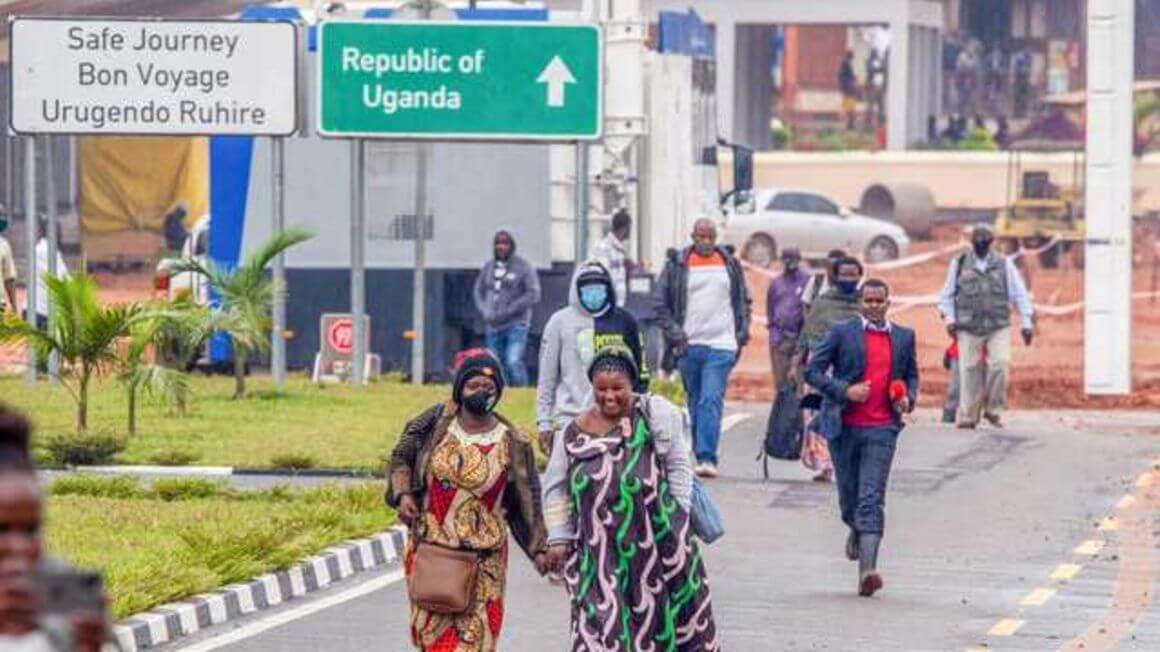Angola, Democratic Republic of Congo and Zambia, member countries of Southern African Development Community (SADC), have signed the Lobito Corridor Transit Transport Facilitation Agency (LCTTFA). The LCTTFA Agreement aims to provide an effective and efficient route that facilitates the transportation of goods within territories between the three Corridor Member States, through harmonisation of policies, laws and regulations; coordinated joint corridor infrastructure development strategies and activities; dissemination of traffic data and business information; and implementation of trade facilitation instruments to support greater participation of small and medium enterprises (SMEs) in business value chains mainly in agriculture and mining with the view of increasing trade and economic growth along the Lobito Corridor and across the SADC Region. Honourable Ricardo Daniel Sandão Queirós Viegas de Abreu, Minister of Transport of the Republic of Angola, highlighted that the Lobito Corridor Transit Transport Facilitation Agency will provide alternative trade route for importers and exporters from the DRC and Zambia and improve international and domestic traffic levels. The Agency will promote the sustained maintenance of the infrastructure and stimulate the development of the Lobito Corridor, ensuring that such development, infrastructure and other support services meet the present and future user requirements and encourage the reduction of costs associated with the movement of cargo and passengers along the Corridor. He said the Corridor presents an opportunity for the three Member States to establish and consolidate cooperation in the movement of people and goods; ensure cooperation in rail and road traffic; provide a more efficient and effective route...
Lobito Corridor Transit Transport Facilitation Agency agreement signed
Posted on: February 9, 2023
Posted on: February 9, 2023

